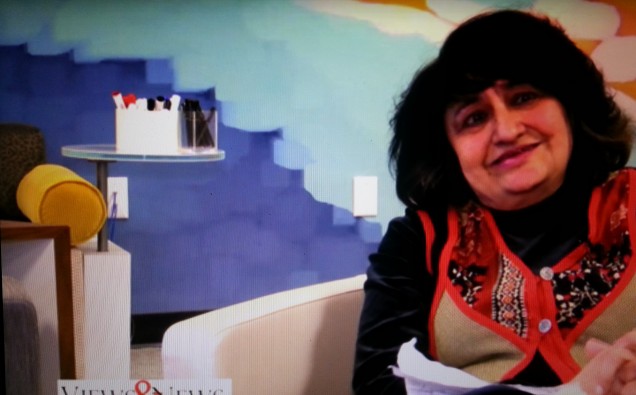
The chaos of our times is marked by so many factors – terrorism, gun violence, unprecedented onslaught of information, economic disparity, conflicting narratives, propagandist portrayals of the other and heart-rending images of human suffering – that pinpointing any one cause behind the turmoil would go against the spirit of objectivity.
However, one common constant among so many variables appears to be a kind of culture disconnect at the level of communities, age groups, societies and between the East and the West.
A spate of shootings in the United States in recent years, the politics of confusion since 2016 election campaign, ongoing conflicts in the Middle East and Africa, terror attacks on Western cities, violence in Afghanistan, and persecution of Kashmiris and Rohingyas, denial of space to Palestinians, and the international inability to cope with the challenges have further exacerbated the predicament, raising more questions about gaping divides at various levels.
Why is that so despite a rapid globalization of the world, where ideas and trends echo almost instantaneously through pervasive digital devices? And what should be the way forward?
Dr. Shamshad Haroon, a leading teenage and child psychiatrist based in Hot Springs, Arkansas, says such a lack of human connection runs against the scheme of Nature, which stands for harmony and love amidst diversity. In an interview with Views and News TV she also illustrates the point how a state of confusion among youths – resulting from societal failure at proper fusion of their energies – renders them susceptible to subversive acts like bombings in the Middle East and gun violence in the United States.
By the age of 18, which many think is a time of transition to independent life, teens still don’t have financial or emotional maturity as the brain’s CEO – prefrontal cortex— matures at the age of 23 years, says Dr. Haroon, whose distinctions include International Medical Graduate Award, which acknowledges her as one the best foreign physicians in the field of Psychiatry.
That means cognition, execution and organization faculties of the brain still need four to five more years for maturation from the age of 18.
“So a lot of problems you see are due to that — brain actually creates tree and the tree branches and these teens have a very hard time –the don’t have an identity – so they need guiding and supervision.”
The teens are talented and bright but they are also going through a kind of volcanic eruption in their growth. The majority gets through the challenges with the help of parents, teachers and society. But others are not so fortunate.
“So just stigmatizing one group that these are terrorist groups —we discuss that all as physicians, if you don’t channelize —- teen energies are like ocean energies– so when you look at a river, you put a dam for the river to actually fertilize the land – if you don’t then they can flood it – everything has duality – it is like fire – you use the fire, otherwise it become a forest fire.”
“Teens’ energies are remarkable we don’t know how to channelize them,” says Dr. Haroon, who leads Wise Outstanding Wizard, a non-profit initiative to inspire the young people achieve a fine balance as citizens who value both humans and the planet earth.
Dr. Haroon also cites the mysterious hundredth monkey phenomenon on the question of violence afflicting people in different regions.
On a larger plane, the prominent doctor, who hails from Karachi, and lives a life full of activities – ranging from media expertise to participation in charitable causes – also calls for a two-way assimilation or absorption while retaining the best of values in both the Eastern and Western cultures.
“We have not been able to provide a system because there is always such a dichotomy between East and West. We have to have a smooth fusion of cultures,” she says, referring to the upbringing of children in Asian communities while mingling with the mainstream America, who have made the United States their home.
But the reaching out and fusion between the Eastern and Western communities will take a lot of “transcendence, forgiveness, and a lot of maturity” from both side
“If we can develop tolerance – and the media has to play such a big role.”
Each culture, she emphasizes. has some remarkable values and each religion has some remarkable values.
“It is fascinating — What is needed is fusion —- We need to communicate,” she underscores, asking Pakistanis and Pakistani-Americans to step up socially and participate in the pluralist, multicultural American society, and share their stories of success with the mainstream.
“So when you accept and you share your values and you share your art, they share their art – that is the fusion — that is what the world is about – share and love, share and love. It needs fusion in arts, music, culture and food and everything.”
This is an updated version of our previous post, being re-published in response to demand of readers.





![By DIAC images (Harmony Day) [CC BY 2.0 (http://creativecommons.org/licenses/by/2.0)], via Wikimedia Commons](https://www.viewsnews.net/wp-content/uploads/2016/05/Cultural-Diversity-800px-Harmony_Day_5475651018.jpg)












